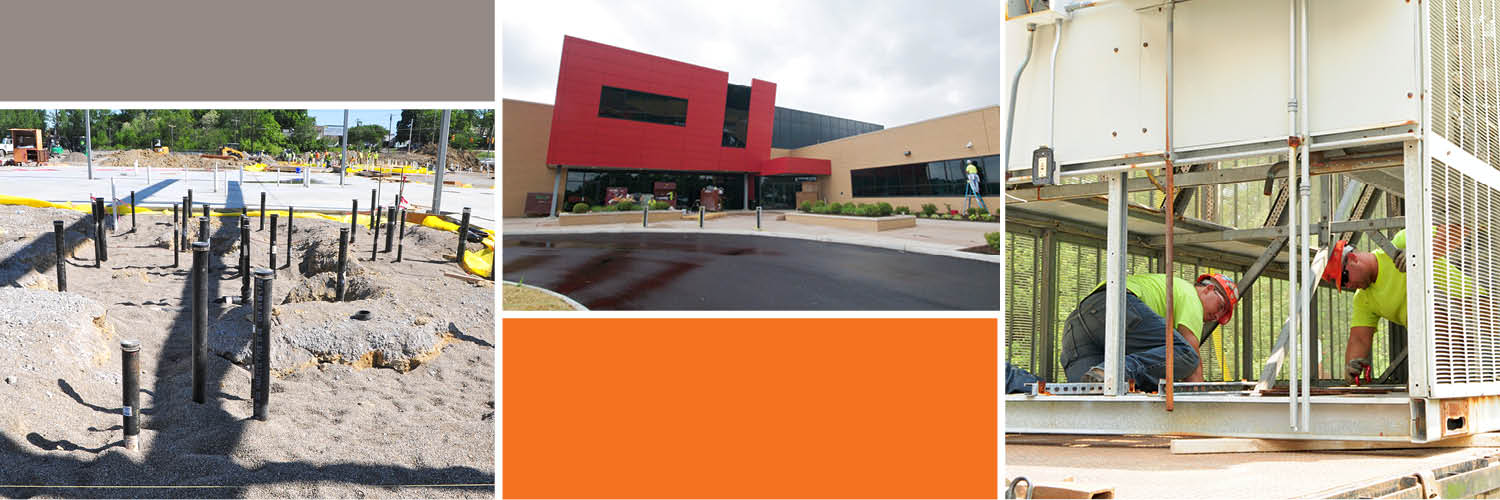Presented by TP Mechanical | Provided by HORAN
This August 18 to September 4, law enforcement will be stepping up their “Drive Sober or Get Pulled Over” campaign. This means police officers will be focused on spotting impaired drivers and pulling them over.
There were nearly 10,000 people killed in alcohol-impaired motor vehicle crashes in 2014, according to the CDC. This accounts for nearly 33 percent of all traffic-related deaths in the United States. Keep this sobering statistic in mind when attending gatherings with alcohol, like barbecues, beach parties or work events.
The National Highway Traffic Safety Administration (NHTSA) created a smartphone app to help drivers who cannot safely drive home. The app can help tell you where you are, help you call a taxi or help you call a friend. Other useful apps include Uber and Lyft, as both can get you home if it’s not safe for you to drive.
For more information on the Drive Sober or Get Pulled Over campaign, visit the NHTSA website.




 Glad you asked… TP Mechanical boasts an EMR rating of 0.56. By truly committing our operation to safety protocols, our clients enjoy substantial financial savings when it comes to insurance-related costs. It’s like car insurance – safer drivers who have fewer accidents pay less. Through our team member’s combined efforts in job safety, they aren’t just saving TP Mechanical money; they are actively involved in helping the company make money.
Glad you asked… TP Mechanical boasts an EMR rating of 0.56. By truly committing our operation to safety protocols, our clients enjoy substantial financial savings when it comes to insurance-related costs. It’s like car insurance – safer drivers who have fewer accidents pay less. Through our team member’s combined efforts in job safety, they aren’t just saving TP Mechanical money; they are actively involved in helping the company make money.